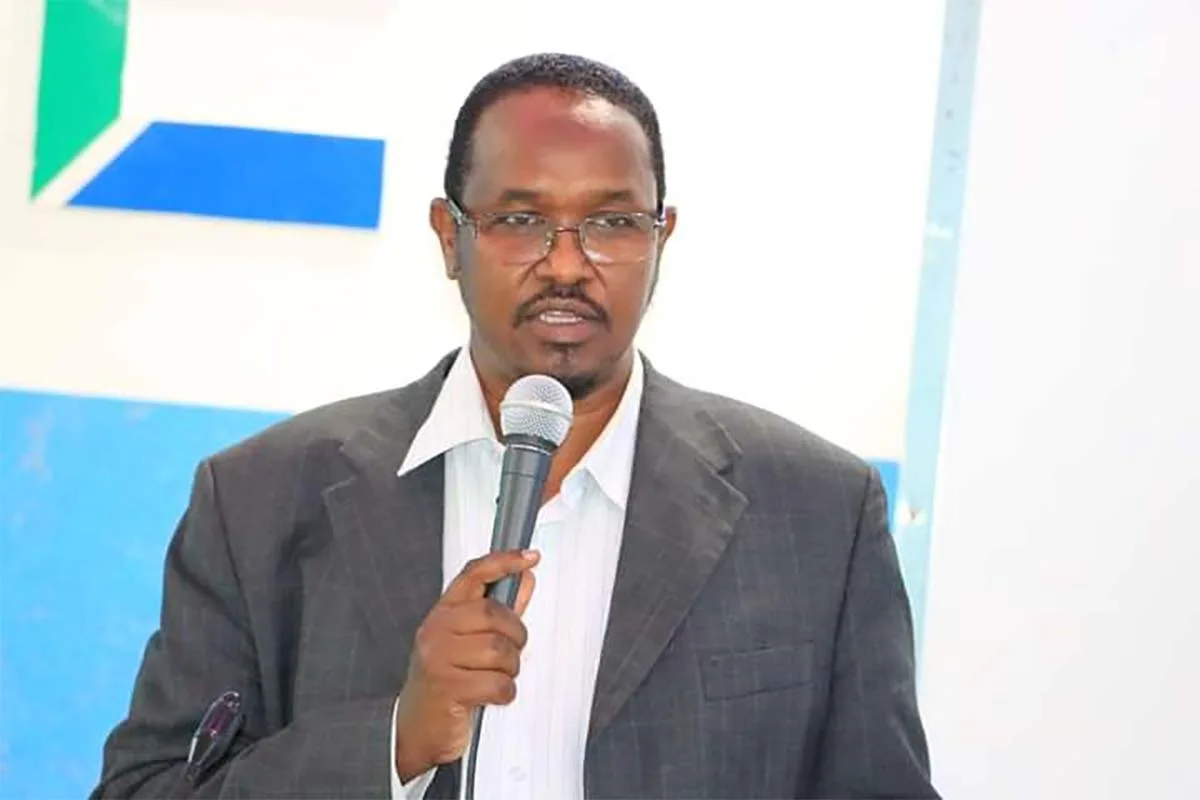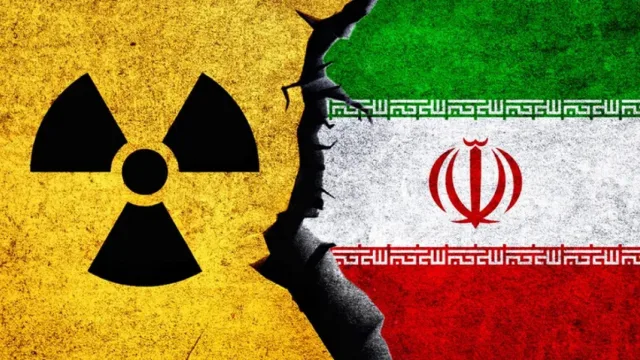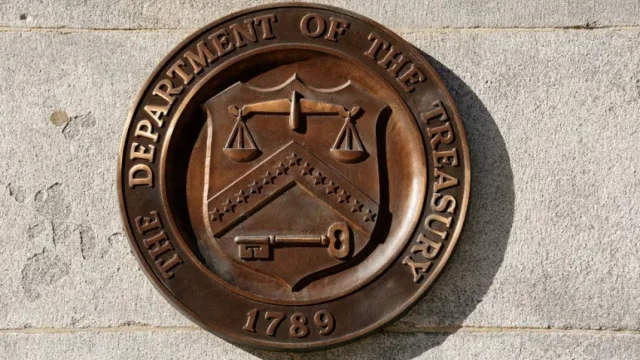Somalia’s higher education system has undergone significant disruptions, particularly since the collapse of the central government…

Somalia’s higher education system has undergone significant disruptions, particularly since the collapse of the central government in 1991. This breakdown led to the disintegration of educational institutions, including the Somali National University (SNU), once the cornerstone of higher learning in the country (Nur-Awaleh, 2003). The civil war that ensued not only devastated key infrastructures but also fragmented the educational framework, leaving the sector in disarray for decades.
In recent years, the emergence of private universities in major cities such as Mogadishu, Hargeisa, Bosaso, Garowe and other major cities marks a vital resurgence in the sector. These institutions have become central to providing education for Somali youth, playing a critical role in equipping students with the skills necessary for national reconstruction and economic development. The increasing number of students pursuing higher education both domestically and abroad reflects a gradual recovery, despite ongoing challenges such as political instability, inadequate infrastructure, and limited resources.
Somalia’s higher education sector, however, remains fragile. In particular, it is constrained by insufficient academic resources, a lack of standardisation, and political interference. As the sector struggles to regain its footing, there is a growing need for comprehensive reform. The Federal Government of Somalia’s proposed Higher Education Bill, introduced by the Ministry of Education, Culture, and Higher Education (MOECHE), seeks to address some of these challenges by standardising and regulating the sector through an accreditation and quality assurance framework. This article evaluates the proposed bill, analysing its potential impacts and implications for policy reform through the lens of various stakeholders.
Balancing Reform with Institutional Autonomy
The Higher Education Bill presents an opportunity for transformation, but it also raises concerns regarding the balance between reform and the preservation of cultural, social, and institutional autonomy. Central to the proposed bill is the effort to modernise Somalia’s higher education sector by improving educational quality through a standardised framework. While this move is laudable, it must be considered in light of the country’s fragile socio-political landscape. The bill’s overarching goal of creating consistency in higher education presents a dilemma: how to introduce meaningful reforms while safeguarding the autonomy and innovative capacities of universities.
One of the main criticisms of the bill is its centralisation of authority within the Ministry of Education. The centralisation manifests in the significant control the Ministry exerts over the newly proposed National Higher Education Commission, which is tasked with overseeing accreditation and quality assurance. Articles 10, 12, and 21 of the bill highlight the Ministry’s control over the Commission, granting the Minister the authority to appoint its members, regulate its activities, and approve its operations. This structure raises concerns about the Commission’s independence and ability to function without political interference (Altbach, 2016).
Challenges of Over-Centralisation
The bill grants the Ministry considerable power over university recognition, as outlined in Chapter 3, Articles 24-
The Minister is given exclusive authority to recognise, amend, or revoke university status. While this level of control ensures accountability, it simultaneously risks stifling the autonomy and operational freedom of universities. A system in which a single governing body holds excessive influence over the recognition and functioning of institutions may limit the ability of universities to respond to regional educational needs and innovate in curriculum design and research (Bennett and Briggs, 2019).
Concerns over potential political influence further complicate the bill’s implementation. In the past, there have been instances where the education sector has been politicised, with the allocation of resources and recognition of universities being skewed in favour of political affiliations. Reports indicate that certain private universities have received covert financial backing from political figures, undermining the credibility of the regulatory process (Samatar and Samatar, 2012). Such instances of politicisation risk creating an inequitable higher education system, where decisions regarding university accreditation and funding are based on political interests rather than educational merit.
Regional Implications and the Risk of Alienation
The proposed centralisation also exacerbates regional tensions, particularly between the federal government and Puntland. Puntland has historically sought greater autonomy and has expressed concerns about the perceived marginalisation of its educational institutions. The bill’s centralisation of decision-making within the Ministry of Education risks further alienating regional institutions, particularly if decisions regarding recognition and funding are influenced by political considerations. This not only undermines efforts to create a fair and standardised higher education system but also threatens to deepen existing political and regional divisions within Somalia.
Preserving Institutional Diversity
In addition to these political and structural concerns, the bill’s focus on standardisation may inadvertently limit the scope for institutional diversity. Universities in Somalia are currently diverse in their approaches to curriculum design, governance, and pedagogical methods. By introducing a rigid accreditation framework, the bill could restrict universities’ ability to tailor their programmes to local and regional needs. This is particularly significant in a country like Somalia, where educational institutions play a crucial role in addressing unique regional challenges such as clan-based conflict and socio-economic disparities (Evans, 2015).
Recommendations for a Balanced Approach
While the bill undoubtedly seeks to improve the quality and consistency of higher education, its success will ultimately depend on how it addresses the concerns of over-centralisation and autonomy. To ensure the effectiveness of the proposed reforms, it is essential that the bill strikes a balance between establishing national standards and maintaining institutional flexibility. The National Higher Education Commission, in particular, should be granted greater independence to function as an impartial body, free from political influence, ensuring that its regulatory role is conducted transparently and fairly.
Moreover, the Ministry of Education must adopt a more inclusive and regionally sensitive approach to policy implementation. This includes recognising the need for greater regional autonomy in decision-making and ensuring that universities have the freedom to innovate within the framework of national standards. By doing so, the government can create a more dynamic and equitable higher education system that supports both national unity and regional diversity.
Conclusion
Somalia’s higher education system is at a critical juncture. The proposed Higher Education Bill marks an important step towards formalizing and regulating the sector, but it must be carefully implemented to avoid over- centralization and political interference. The independence of regulatory bodies and the autonomy of universities are essential for fostering an environment of innovation, transparency, and fairness.
By addressing these concerns, the bill has the potential to contribute to a robust and sustainable higher education system that supports Somalia’s long-term socio-economic recovery and development.
Dr. Abdirizak Mohamud Takar
Rector of East Africa University, Somalia





